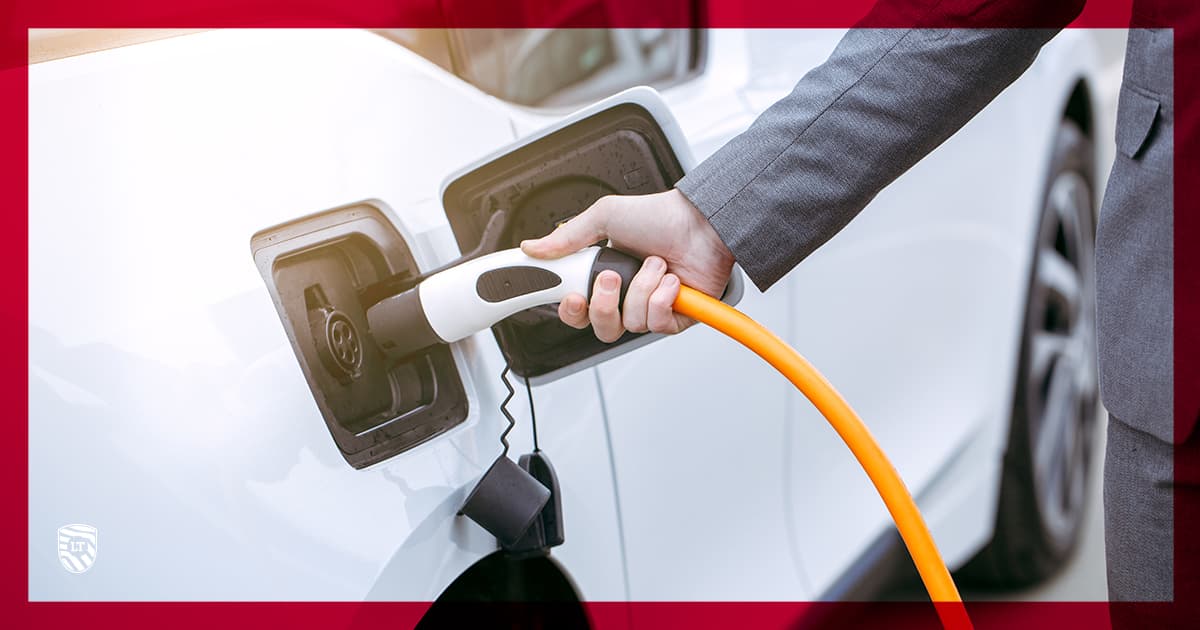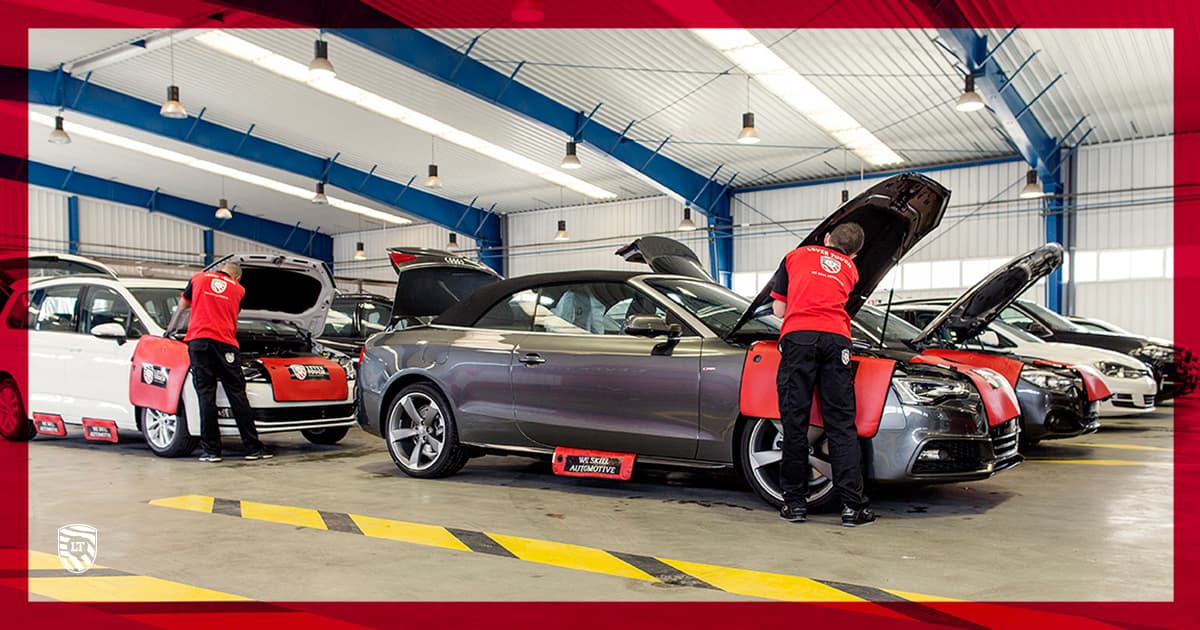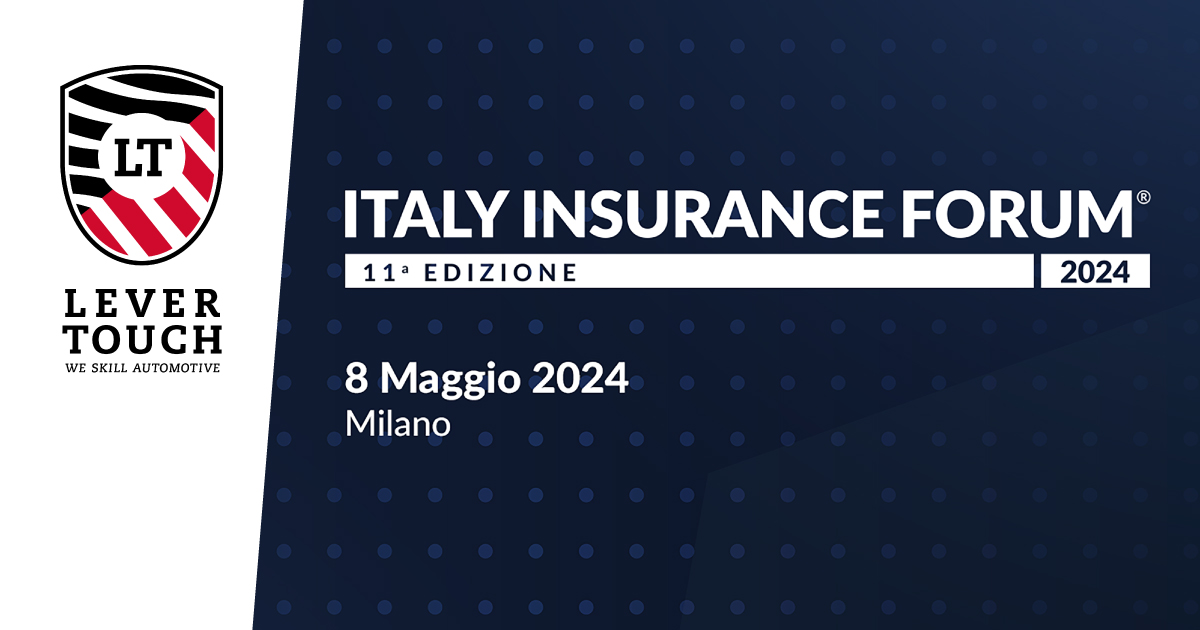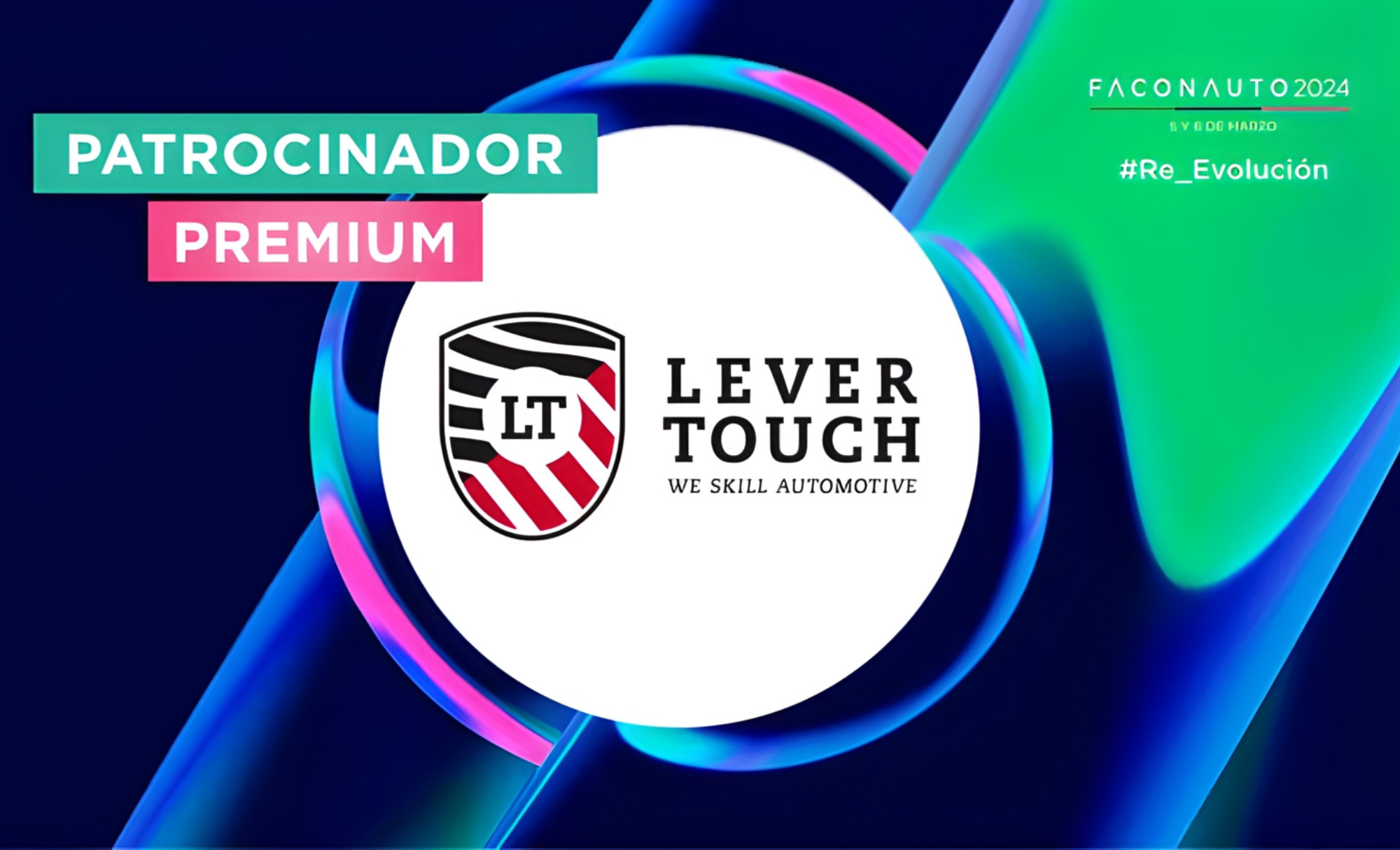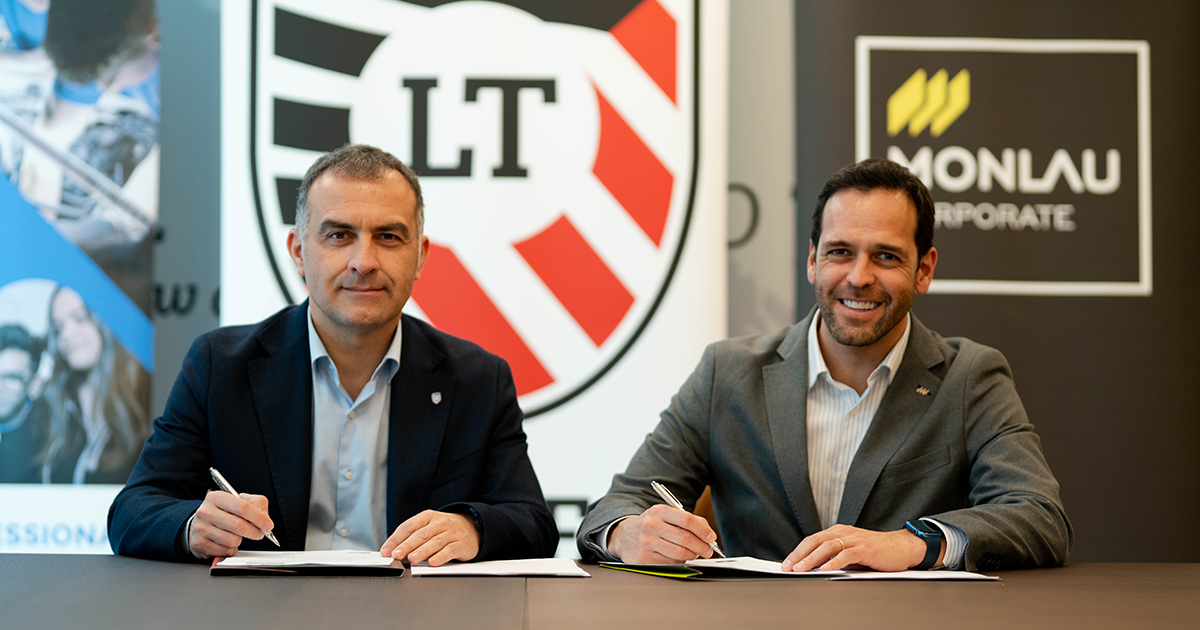Vehicle’s electrification: the inevitable consequences that workshop owners have to deal with
It’s a fact: the production of hybrid and electric cars is gaining ground.
All forecasts point to an even higher growth in the next decade: the need to reduce emissions and the demand for long-term environmental sustainability are key factors for global electrification spreading.
Within few years, all the workshops will undergo a major transformation.
Despite the awareness of the imminence of this change, many studies carried out by different entities, such as the Institute of the Motor Industry (IMI), reveal that a high percentage of active mechanics is not qualified enough to operate on these types of cars. (enlace en Institute of the Motor Industry (IMI).
It must be accepted that there’s no more time: workshops must adapt fast to the changes required by the new market.
The main aspects that will affect workshops are as follows:
- The significant reduction of combustion vehicles repaired, which has always been essential in their everyday life.
- The demand for specific protocols and actions. Workshops will have to know how to work with static electricity, which requires a special training.
- Homologation.
Electric cars are too quiet
Some problems associated with the introduction of electric cars should not be overlooked.
One of these is the lack of noise, which has already led to some accidents.
In order to remedy this problem, from July 1st, 2019, the UN Regulation No. 138 requires these vehicles to be fitted with the so-called Acoustic Vehicle Alerting Systems (AVAS).
AVAS design also includes the option of developing directional sounds that reach pedestrians (especially important for visually impaired and blinds), cyclists and motorcyclists, but also other drivers. There’s no way these warning devices can be deactivated by the car driver.
How does a classic workshop deal with hybrid and electric technologies?
The complexity and diversity of these new technologies are the real challenge, due to the fact that both electric and hybrid vehicles have high-voltage components.
All those technicians who make repairs, maintenance or replacement of high-voltage components must possess a specific qualification.
The most important thing required by cars’ homologation: technicians training
The bright side of the above mentioned, it seems clear that workshops employees training is one of the essential factors to adapt to vehicles electrification.
Many German companies, including DEKRA (with which we work), offer tests, trials and reports concerning homologation of electric and hybrid vehicles, in accordance with national and international regulations. Among these, it is important to mention the BGI 8686, which requires workshops and their employees to have adequate knowledge of the repair processes of hybrid and electric vehicles.
Lever Touch goes hand in hand with change too: our technicians already acquired these new knowledges by working with the latest models of the most important brands of the sector.
The constant contact with technological innovation has made the repair and maintenance of hybrid and electric cars, which others consider feasible in the medium/long term, a daily job for all our technicians.

